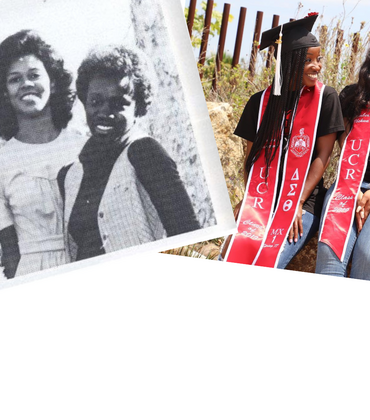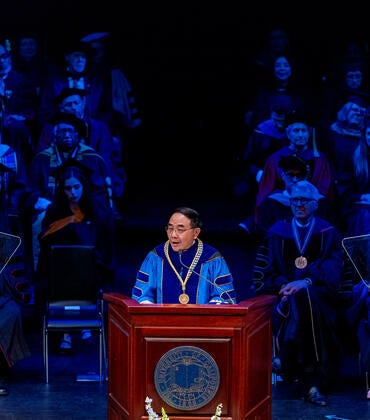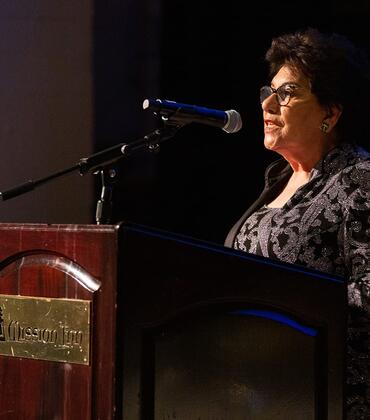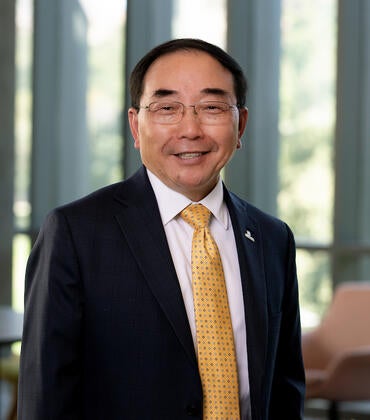UC Riverside is one of 45 California colleges and universities participating in the newly launched #CaliforniansForAll College Corps program, a community service pilot designed to create debt-free college pathways for low-income students who commit to serve.
The program will provide up to 6,500 California college students over two academic years with service opportunities in critical issue areas such as climate action, K-12 education, and food insecurity. College Corps will allocate $4.8 million to benefit 150 students interested in completing 450 hours of service per year.
In a news release, the Office of the Governor indicated that students who complete a year of service will receive $10,000 while gaining experience serving in their communities. This program will unite young Californians of all backgrounds in service, and, for the first time, specifically creates state-funded opportunities for AB 540 eligible Dreamers to serve their communities, according to the release.
“Today is a historic day in California. The Governor, alongside the leaders of the world’s top higher education systems, offered a monumental proposal to the next generation of Californians— if you step up to serve your community, we’ll help you pay for college,” said Josh Fryday, California Chief Service Officer and the head of California Volunteers.
Forty-five total campuses representing University of California, California State University, community college and private university systems have been selected as program participants; UCR is one of seven UCs.
The three focus areas were selected because they are seen as urgent challenges in the community, and the benefits are many, said Alicia Velazquez, executive director of Educational and Community Outreach Programs at UCR, the office that will manage the College Corps program.
Velazquez’s office oversees the Academic Preparation Programs, or APP, composed of seven programs, including the University Eastside Community Collaborative, or UECC. The UECC is one of the groups that will be leading the education volunteer effort with the support of 105 students. Another 23 students will work with the Office of Sustainability and the City of Riverside, and an additional 22 will work at the R’Garden, R’Pantry, and the City of Riverside. APP will work collaboratively with on and off campus partners to find placements for the 150 fellows.
“College students are the most obvious choice because they will not only have an opportunity to graduate on time with less debt, they will also engage in meaningful service opportunities in the local community while strengthening their leadership skills and civic responsibility,” Velazquez said. “The local community will benefit from the support the college students will provide to community-based organizations focused on the three areas. UCR offices such as R’Garden, Office of Sustainability and Basic Needs will also benefit because they will be able to host College Fellows and connect them to other partners in the community.”
In order to have a greater impact, the Inland Empire formed a consortium of colleges and universities and will be working with Growing Inland Achievement, a regional collective, that will assist the campuses.
“The University of California is pleased to partner with Governor Newsom on this innovative program, which will help thousands of students pay for college while they give back to their communities,” said University of California President Michael V. Drake. “Providing more pathways to a debt-free degree while empowering students to pursue service-oriented career paths is a reflection of our shared commitment to access, affordability, and public service.”
Over the summer, California Volunteers, the state office tasked with engaging Californians in service, awarded UCR a separate grant to house two volunteers through the California Climate Action Corp program. The volunteers have been working at the R’Garden since September on composting projects, and among other things, on organizing the R’Garden’s future farmer’s market. These two fellowships are an 11-month program for the 2021-22 academic year.



